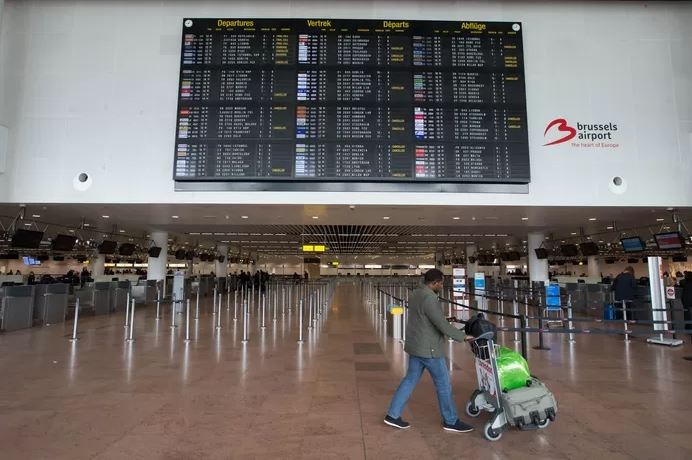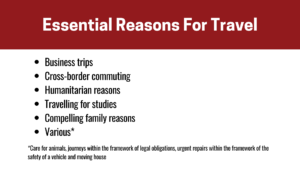Belgium's ban on non-essential travel is not illegal, but it is also not in line with the European recommendations, according to EU Commissioner for Justice Didier Reynders.
As it concerns a general ban, which does not take the ECDC's colour codes into account, the Belgian measure "is not in line with the recommendation that the member states have accepted," according to Reynders.
However, after asking Prime Minister Alexander De Croo on Monday to justify the ban - as it goes beyond the current recommendations at an EU level -, Reynders said that the EU has been reassured now.
"What has reassured us is that [the ban] is limited in time, and that there are many exceptions so that only tourism is targeted," he said on Walloon radio on Friday.
Related News
- Belgium is confident it justified travel restrictions to EU leaders
- Belgium publishes 'sworn statement' needed for essential travel
- Belgium asked to justify non-essential travel ban to the EU
However, the European Commission "would like [the ban] not to be extended and, above all, if measures are taken, they should be included in the recommendations," Reynders added.
As Member States remain responsible for public health, the EU recommendation was not binding. "We have no information to say that this would be contrary to European law, so we are continuing to work with the Belgian authorities."
A country which goes beyond the recommendations of the European Union on health restrictions to free movement must provide “a very clear explanation on the proportionate, necessary and non-discriminatory nature,” of the measures concerned, Reynders stressed on Monday.
6 Essential Reasons
On Friday 22 January, Belgium's Consultative Committee introduced a ban on all tourist and leisure travel to and from the country, from 27 January until 1 March.
Belgium also decided on six essential reasons for which travel is allowed. In order to take advantage of these reasons, travellers must fill out a "sworn statement" to prove that their border-crossing is, in fact, essential.
The template form for such a sworn statement – in which a traveller declares that their cross-border trip falls under one of the above categories – can now be downloaded and completed in English, Dutch, French and German.
The statement should be filled out in addition to the existing rules on completing the Passenger Locator Form (PLF), for people who have been abroad for at least 48 hours.
Maïthé Chini
The Brussels Times


